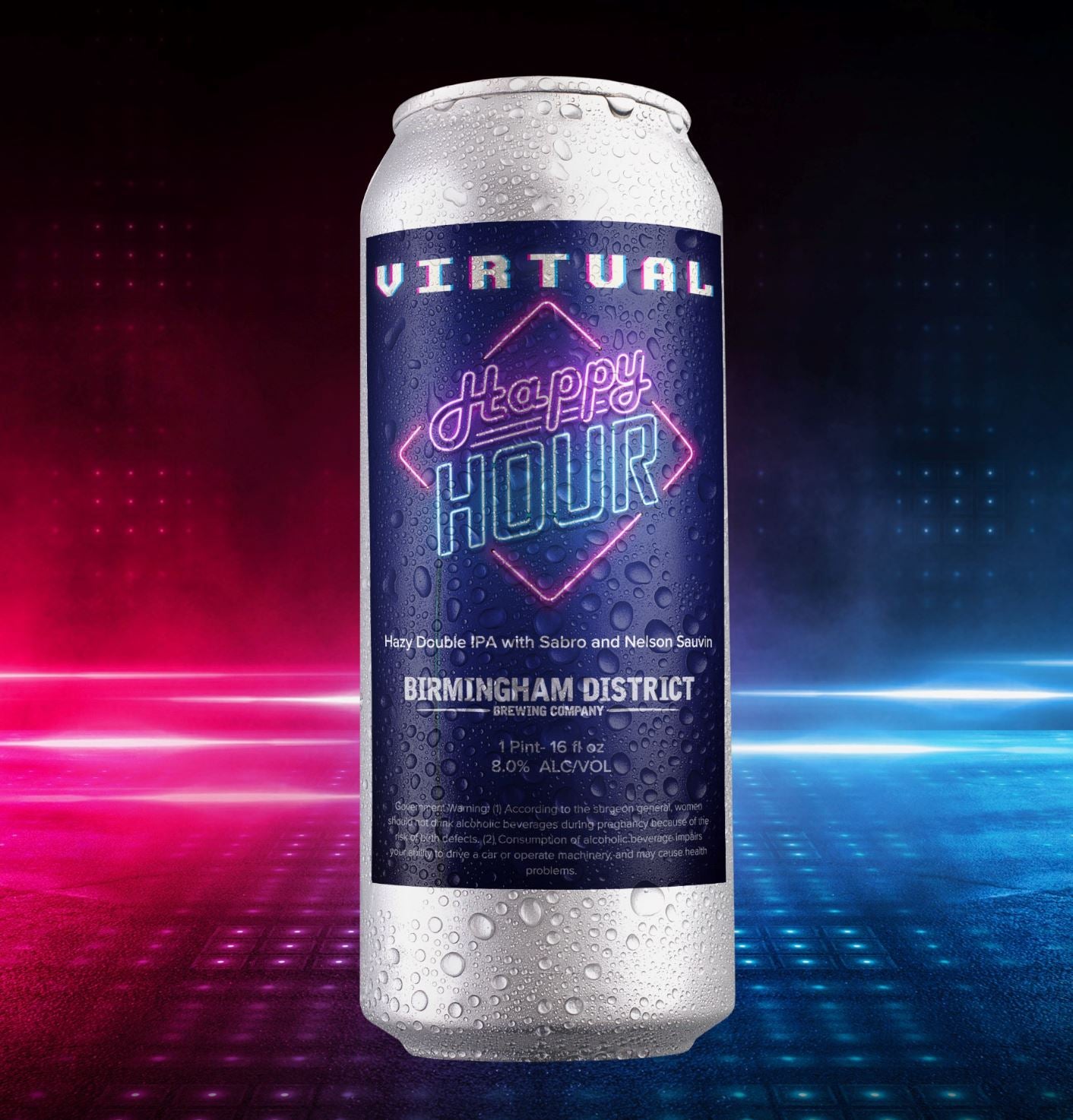
Are Beverage Labels Really So Important? An Industry Guide
In the beverage industry, product labeling is an important marketing tool that helps to communicate vital information about a product to consumers. Proper labeling can also help to ensure food safety and quality control.
What Are Beverage Labels?
Beverage labels are the printed information on the beverages containers that provide consumers with important information about the product. This information can include the product’s name, ingredients, nutritional value, place of origin, and any warnings or cautionary statements.
Beverage labels can be found on the containers of all types of beverages, including water, soft drinks, juices, sports drinks, energy drinks, alcoholic beverages, and more.
The Importance of Beverage Labeling
Beverage labels play a vital role in the food and beverage industry. They are an important marketing tool that helps to communicate vital information about a product to consumers. Proper labeling can also help to ensure food safety and quality control.
In recent years, there has been an increased focus on the role of labels in the food and beverage industry, particularly with regards to nutritional information and food allergens.
In the United States, the Food and Drug Administration (FDA) regulates the labeling of all food and beverage products. The FDA has established labeling requirements that all food and beverage manufacturers must follow. These requirements ensure that consumers have access to accurate and consistent information about the products they purchase.
The FDA requires all food and beverage labels to include the following information:
- The product’s name
- The identity and address of the manufacturer, packer, or distributor
- An accurate listing of all ingredients in the product, in descending order of predominance
- The net quantity of contents
- The product’s nutrition facts
- Any food allergens that are present in the product
- Any mandatory warnings or cautionary statements
The FDA also regulates the use of certain terms on food and beverage labels, such as “natural” and “healthy.”
In addition to the FDA, there are other federal and state agencies that regulate the labeling of food and beverage products. For example, the United States Department of Agriculture (USDA) regulates labeling for meat and poultry products, and the Federal Trade Commission regulates advertising for all food and beverage products, including the use of terms such as “low fat” and “light.”
How to Design Beverage Labels That Stand Out
1. Keep It Simple
When designing beverage labels, it’s important to keep the design simple and uncluttered. The label should include the name of the product, the flavor, and the serving size, as well as any necessary nutrition information and warnings.
2. Use Bright and Eye-Catching Colors
The colors you use on your beverage labels can have a big impact on how your product is perceived by consumers. Bright, eye-catching colors can make your product more appealing and increase the likelihood that it will be noticed on store shelves.
3. Use High-Quality Images
The images you use on your beverage labels should be high quality and relevant to your product. If you’re selling a fruit juice, for example, using an image of the fruit on the label can help consumers to identify your product.
4. Use Clear and Easy-to-Read Fonts
The fonts you use on your beverage labels should be clear and easy to read. Using a mixture of upper and lowercase letters can help to make your label more readable, as can using a larger font size.
5. Make Sure Your Labels are Durable
Beverage labels need to be durable enough to withstand the elements, as well as the wear and tear that comes with being stored in a fridge or freezer. Using a high-quality printer and paper stock can help to ensure that your labels are up to the task.
Conclusion
It is evident that labels are important in the beverage industry for a variety of reasons. They can provide information about the product, influence consumer behavior, and help businesses to comply with regulations. While there is no one-size-fits-all solution for labeling requirements, businesses should consider the needs of their customers and the regulations in their industry when designing labels for their products.
If you’re interested in custom beer tap labels, we can help you! Here at Steel City Tap, we offer custom tap handles, labels, keg collars, stickers, and more for breweries, distributors, and beer bars. We create unique American-made beer tap handles. Contact us today to learn more and get started!

